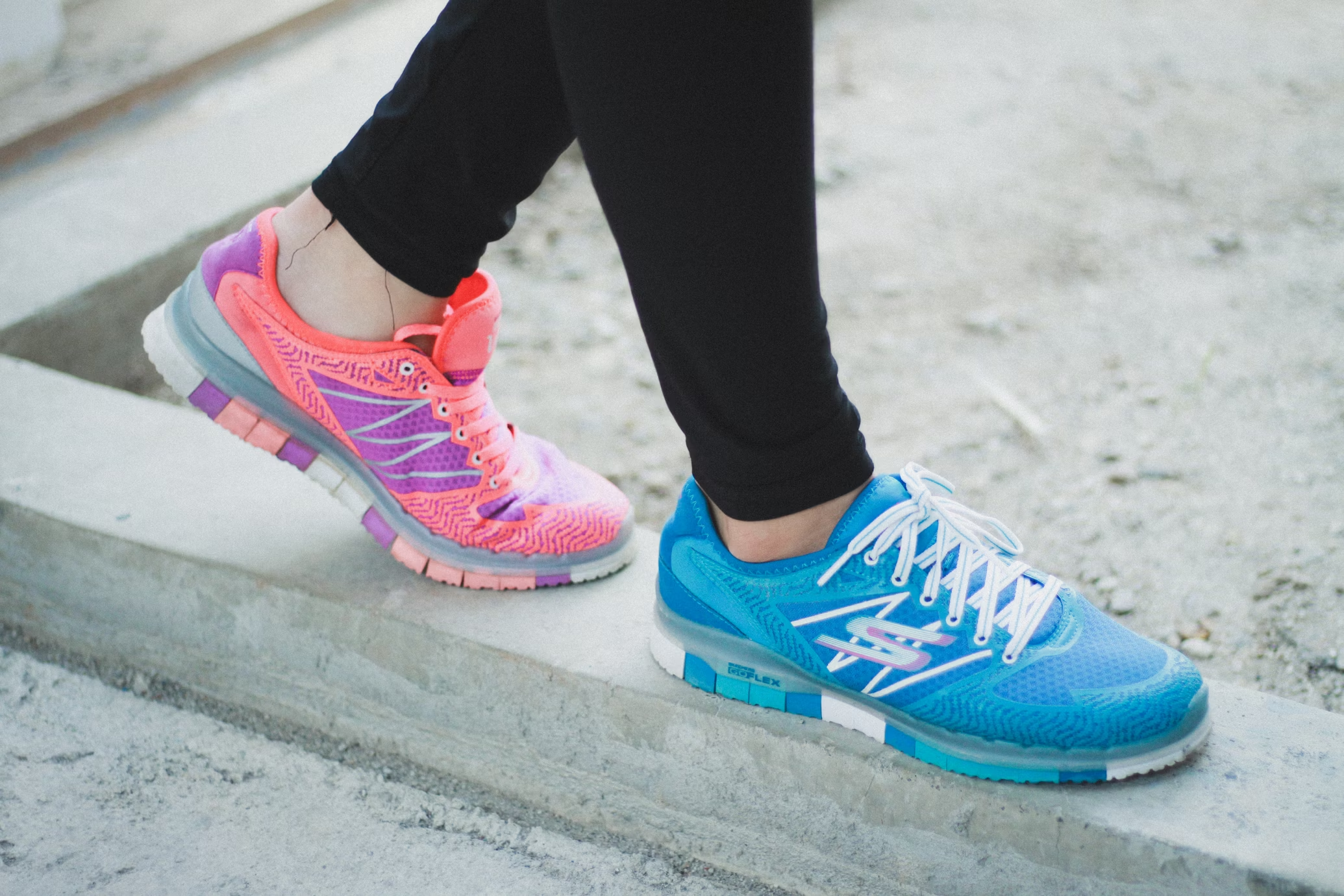
Skechers, established in 1992 in California, has cemented its brand by transforming from a men’s streetwear label into a global footwear powerhouse, celebrated for not only its comfort-driven sneakers but also its collaboration with popular intellectual property, producing exclusive and limited designs. Its ascent in the fiercely competitive footwear industry stems from a mix of aggressive global expansion and savvy marketing, operating roughly 5,000 stores across 120 countries and featuring endorsements from stars like Britney Spears and Kim Kardashian. Since going public in 1999 at $11 per share, Skechers had closed an impressive $8.97 billion in revenue by 2024. Yet, a current hurdle, such as one from a 145% U.S. tariff on Chinese imports, had investors worried, with China being a linchpin for its U.S. supply chain. Enter 3G Capital, which has inked a $9.42 billion deal to take Skechers private, the largest buyout in footwear history. Structured as a cash offer of $63 per share (a 28% premium over its prior close), the deal, financed by 3G’s cash reserves and JPMorgan Chase debt, is scheduled to close in Q3 2025, shielding Skechers from Wall Street’s short sellers from capitalising on its growth barrier.
3G Capital, founded in 2004 by Brazilian billionaire Jorge Paulo Lemann and partners, brings a hands-on, owner-operator ethos to its investments, prioritising long-term value over quick flips. Their track record shines in the food and beverage arena: privatising Burger King in 2010 for $3.3 billion, managing costs and boosting margins before merging it with Tim Hortons in 2014 to form Restaurant Brands International. Similar playbooks guide their Kraft Heinz merger with Warren Buffett in 2015. However, footwear is considered uncharted territory for 3G, whose portfolio lacks apparel or retail shoe experience. Skechers’ family-run DNA, with the Greenberg clan staying on post-buyout, might bridge this gap, letting 3G lean on existing expertise while applying their cost-cutting zeal. Still, adapting their food-focused formula to a trend-sensitive, competitive footwear market might be a challenge, but it's a challenge they have to bear on their own as a private company.
For Skechers, going private with 3G Capital’s backing offers a lifeline to recalibrate away from public market pressures, focusing on innovation and expansion to counter tariffs and soft demand. For 3G, it’s a bold leap into consumer goods, diversifying beyond burgers and ketchup into a $9.42 billion bet on footwear’s enduring appeal. The industry itself is a battleground: Nike and Adidas, even with their tech-heavy strategy, struggle with market share erosion, while upstarts like Hoka chip away with performance-driven wares and unique market positioning. Skechers’ value-and-comfort niche has a proven track record, but staying agile in design and supply chains is an area where 3G’s operational talent could shine or crumble. For consumers, it could either be a win if they venture into product enhancement or, more likely than not, be reduced to a tasteless, low-cost throwable.
Source: The Guardian, Reuters
Photos: Unsplash
